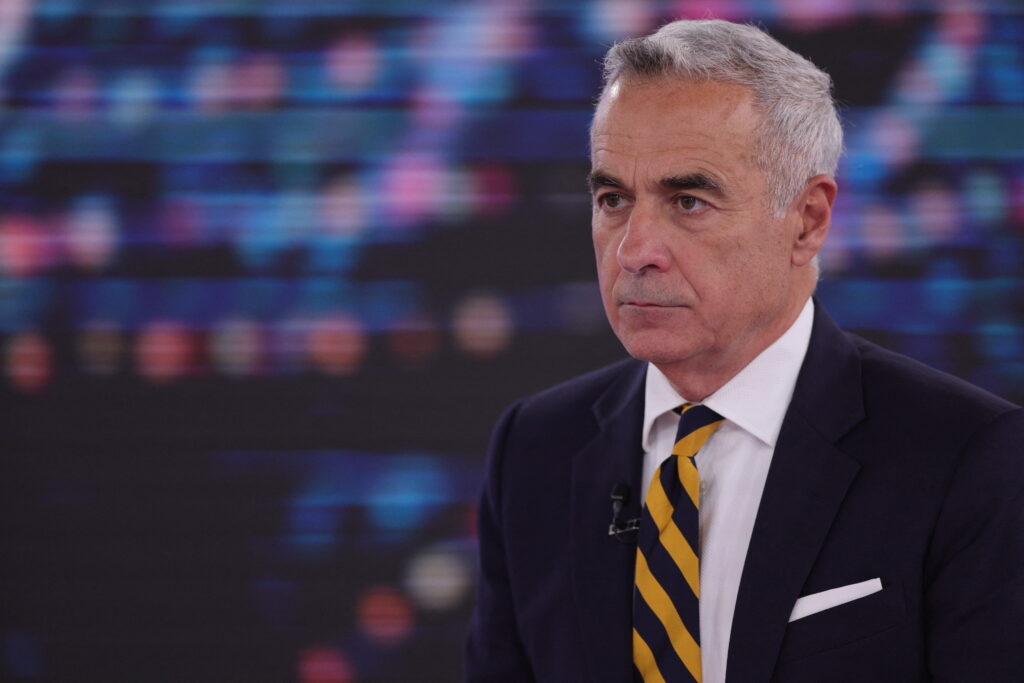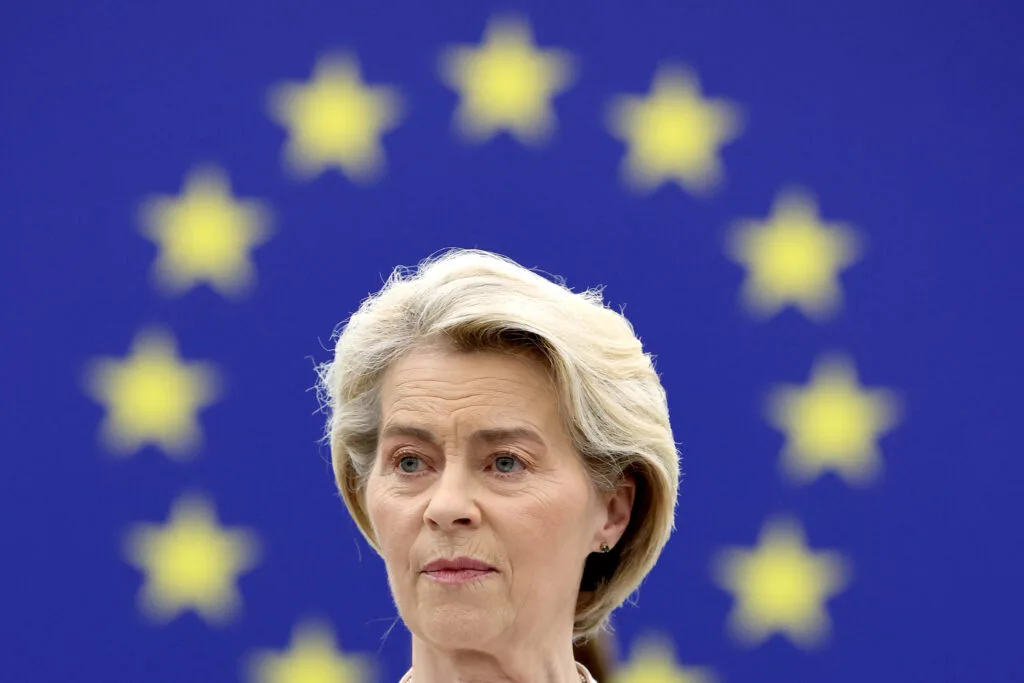Brussels – Three’s a charm: The European Commission has decided to investigate the ‘TikTok gate’ in Romania, opening a (third) formal proceeding against the social media platform for a suspected breach of the Digital Services Act regarding TikTok’s obligation to assess systemic risks related to election integrity.
The context is the (annulled) presidential elections in Romania on Nov. 24, in which the ultranationalist and pro-Russian Călin Georgescu candidate surprisingly won. The key to the unexpected result is precisely the candidate’s massive use of the social platform, which proved perfectly functional in its mechanisms to relaunch similar content.

Elections must start over (but TikTok denies any favoritism)
The Constitutional Court in Bucharest declared the election result void two days before the runoff, assessing the presence of foreign interference. However, the EU executive’s problem is understanding whether TikTok is allowing behavior that breaches its rules.
The European probes will focus on risk management and civic discourse. The two main areas of focus concern TikTok’s content recommendation systems, which might be unable to prevent manipulation, and the platform’s policies on political advertising and paid political content.
TikTok stipulates in its election guidelines that no paid promotions, political advertising, or fundraising by members of political parties may take place to avoid “interference with voters” and content may “hinder a voter’s ability to make an informed decision.” It is a clear rule, but apparently, it did not prevent Georgescu from indirectly using influencers to promote his campaign.
It is worth noting that the Commission already in October had requested clarifications on TikTok’s actions regarding information manipulation in elections, demonstrating sad foresight and anticipating what would later happen in Romania.
TikTok denies any favoritism: “TikTok has nothing to do with Georgescu,” representatives of the platform said when invited shortly after the European Parliament elections for a roundtable discussion. For the European Commission, it will also be necessary to analyze the system of local moderators, which the platform reiterated that it has. Their task is to check content and fact-checking.
What if Georgescu were a Russian proxy?
The EU is afraid of potential interference from third countries (Russia). “As the European Union, we have a responsibility to safeguard our democratic processes from potential manipulation and interference,” said Henna Virkkunen, Commissioner for Technological Sovereignty, Security and Democracy. It is why the EU executive will use declassified intelligence documents and information from third parties.
“Following serious indications that foreign actors interfered in the Romanian presidential elections by using TikTok, we are now thoroughly investigating whether TikTok has violated the Digital Services Act by failing to tackle such risks,” said president von der Leyen. “It should be crystal clear that in the EU, all online platforms, including TikTok, must be held accountable,” she concluded.

The goal of the investigation is to strengthen European infrastructure, particularly in response to suspected hybrid attacks from Russia, rather than focusing solely on condemning the individual platform. It is not a question of the single process or the individual platform but about building the capacity to manage the risks of digitization in electoral processes. Regarding veiled accusations of ‘activism’ just because the EU does not like who won the first round of elections, Commission experts make it clear that there is no intention to restrict freedom of speech or expression in any way, nor that this decision stems from the fact that Georgescu turned out to be elected.
The proceedings are ongoing, with no clear timeline, as there is no legal deadline in the Digital Services Act to end the investigation. According to a Commission spokesperson, TikTok is cooperating closely with the EU executive and cybersecurity experts by providing data and information, as it is under a retention order issued by the Commission for data on actual or foreseeable systemic risks its service could pose on electoral processes and civic discourse.
The retention order covers national elections in the EU between November 24, 2024, and March 31, 2025, which includes elections in Croatia in late December and Germany in late February. The relationship between the EU and TikTok is proving to be challenging, with TikTok already facing three formal proceedings following two investigations (one underway since February 2024, and the other closed with commitments in August 2024), both concerning child protection. It would be equally challenging to ignore European obligations, for which steep fines are provided under the DSA (and the potential risks to democracy posed by any unverified video content passing through TikTok).
English version by the Translation Service of Withub







